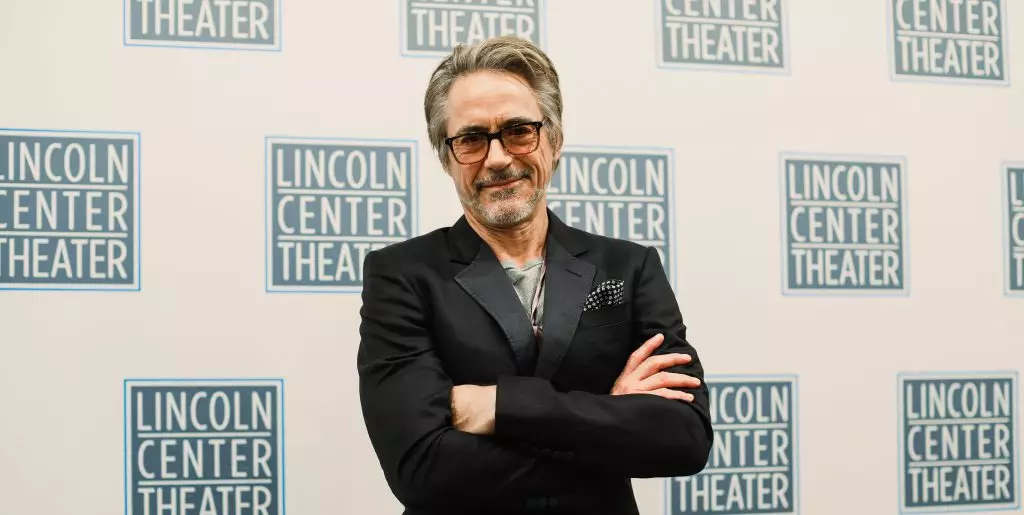In an age where technology is evolving at a breakneck pace, the entertainment industry finds itself grappling with the implications of generative artificial intelligence (AI). Robert Downey Jr., acclaimed for his portrayal of Tony Stark in the Marvel Cinematic Universe, has candidly expressed his reservations about the use of AI to recreate his likeness. His comments are not only reflections of personal belief but also serve as a broader commentary on the ethical considerations surrounding the application of AI in the arts.
Downey recently appeared on the podcast “On With Kara Swisher,” where he engaged in a dialogue about the intersection of AI technology and its ramifications for creative professionals. Appearing alongside playwright Ayad Akhtar and director Bartlett Sher, who are devoted to exploring themes related to the potential dangers posed by advanced technologies, Downey articulated a sentiment of cautious skepticism. He conveyed that while the technical possibilities of AI may be fascinating, they often lack emotional resonance. “I feel about it minimally because I have an actual emotional life that’s occurring that doesn’t have a lot of room for that,” he explained, emphasizing his commitment to authentic human experiences over digital replicas.
This perspective underscores a critical tension within the creative industries: can AI-generated content resonate with audiences in the same way human artistry does? While Downey expresses confidence in the current decision-makers at Marvel Studios—believing they would not exploit his character’s essence for profit—he remains aware of the significant changes that future executives might bring. This awareness raises essential questions about the ongoing evolution of creative rights and ownership in the digital landscape.
As the conversation deepens, Downey’s humorous yet pointed remark about litigation against future executives offers a glimpse into the complexities surrounding intellectual property rights in an era where technology can awkwardly tread upon creative boundaries. “I intend to sue all future executives just on spec,” he said, jesting about the potential for his likeness to be used without his consent or input. Such comments resonate as warnings to creatives everywhere: the importance of safeguarding one’s personal brand in an increasingly AI-driven industry cannot be overstated.
The tensions between innovation and ethics pose significant challenges for artists across all mediums. In the wake of deepfakes and AI-generated content, many creative professionals must navigate a labyrinth of legal and moral questions surrounding their work. Though Downey’s jest permeated humor, it spoke volumes about the need for frameworks that are equipped to handle the unprecedented implications of generative AI.
Interestingly, Downey’s latest role in “McNeal” portrays a celebrated novelist who utilizes AI to craft his new work. This duality presents a paradox where he himself is engaging with AI technology while simultaneously critiquing its broader implications. It illustrates a landscape where the creative use of technology can either empower artists or pose existential threats to their creative identities.
His nuanced opinions about investment in AI companies underscore a critical debate within the industry: the need to evaluate not just the technology itself, but the ethical motives behind its application. Downey reflects on his approach to these investments, suggesting that it is the integrity and moral compass of those leading the charge that ultimately informs his involvement. This deliberate stance offers a model for other creators: to maintain an inquisitive and critical approach to technology, focusing on the human factors at play.
Robert Downey Jr.’s skepticism about generative AI embodies a growing trend among artists as they wrestle with technological advancements in their field. His comments reflect both a personal commitment to the sanctity of individual expression and a broader industry-wide re-examination of what it means to create in an age dominated by AI. As artists navigate this uncharted territory, the importance of maintaining human connection, ethical standards, and cultural integrity will be paramount. The challenge lies not just in the creativity of technology, but in the preservation of the human experience it seeks to emulate.


Leave a Reply